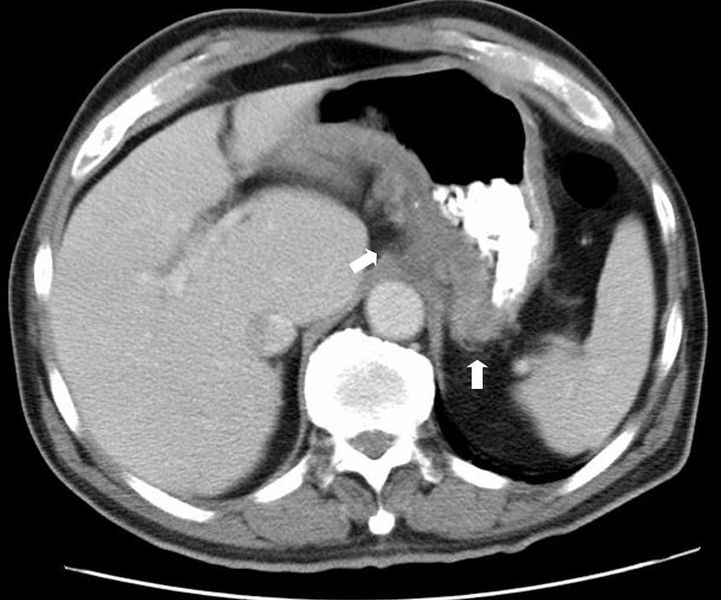
GlaxoSmithKline’s (GSK) Phase III study of an investigational CCR9 antagonist vercirnon in patients with moderate-to-severe Crohn’s disease has failed to meet its primary endpoint of improvement in clinical response and the key secondary endpoint of clinical remission.
GSK R&D immuno-inflammation senior vice president Dr Paul-Peter Tak said: "The results from the SHIELD-1 study are clearly disappointing but we are committed to further explore the data to determine the way forward to help patients with this chronic debilitating gastrointestinal disease."

Discover B2B Marketing That Performs
Combine business intelligence and editorial excellence to reach engaged professionals across 36 leading media platforms.
The randomised, double-blind, placebo-controlled study, referred to as SHIELD-1 study, is the first of four Phase III studies under the vercirnon clinical development programme.
Demonstrating an increasing trend for dose-dependence in overall adverse event rates, similar rates of serious adverse events and withdrawals due to adverse events were noted among the treatment groups.
The company will continue with further safety and efficacy analysis of results, while new recruitment and dosing in the ongoing clinical programme will be terminated until completion of further review of the SHIELD-1 results.
SHIELD-1 was designed to assess the efficacy and safety of two doses, 500mg once daily and 500mg twice daily of vercirnon compared to placebo over 12 weeks in 608 adult patients with moderately-to-severely active Crohn’s disease.

US Tariffs are shifting - will you react or anticipate?
Don’t let policy changes catch you off guard. Stay proactive with real-time data and expert analysis.
By GlobalDataIn the study conducted at more than 200 study centres globally, participating patients included those who were not adequately controlled with conventional therapy, and who did not respond to tumour necrosis factor-alpha (TNF-a) antagonists.
Image: CT scan showing Crohn’s disease in the fundus of the stomach. Photo: Original uploader was Samir at en.wikipedia.





